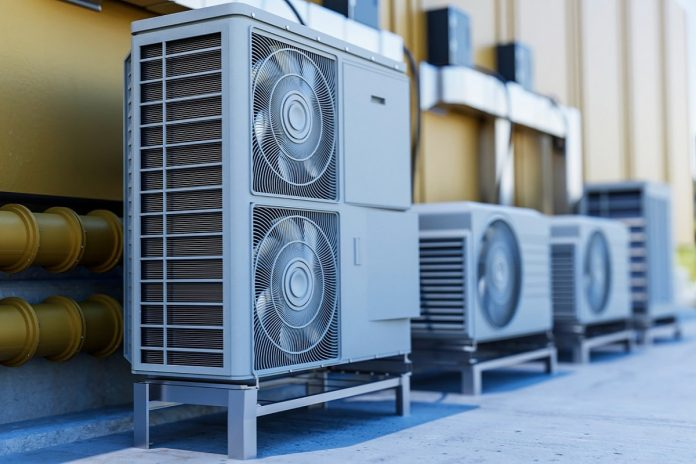Key Takeaways:
- Insight into how air conditioning evolved into a technology essential for modern living.
- The balance between maintaining indoor comfort and making environmentally conscious decisions.
- The role that consumers play in pushing the air conditioning industry toward sustainability.
Introduction
Once a symbol of luxury, modern air conditioning installation is a common feature in homes and offices worldwide, vastly improving our quality of life. With origins that can be traced back to the ancient world, air conditioning has undergone a significant transformation.
This journey highlights a persistent quest for comfort, which now incorporates a profound consideration for the technology’s environmental footprint. As we navigate the transition to sustainability, the balance between comfort and care for the planet is of greater importance than ever before.
Innovations Shaping Modern Air Conditioning
Recent years have witnessed remarkable strides in air conditioning technology, with progress aiming for efficiency and user-centric design. Innovations such as variable-speed compressors and smart, connected thermostats permit precise climate control and have redefined the standards of modern-day comfort.
As climate control systems become more integrated with the Internet of Things, the seamless operation of home heating & cooling begins to resemble a finely tuned orchestra, responding autonomously to daily life rhythms while prioritizing energy conservation.
The Rise of Sustainable Cooling Technologies
Recognizing the urgency to curtail dependency on fossil fuels and reduce greenhouse gas emissions, the industry has seen a surge in green innovations. Solar and geothermal air conditioners epitomize the industry’s commitment to sustainability, utilizing clean, renewable sources.
These technologies represent an impressive departure from traditional cooling paradigms and emphasize the symbiotic relationship between technological advancement and environmental stewardship.
By harnessing the power of natural elements, these systems offer a glimpse into a future where comfort doesn’t come at the cost of the planet.
Environmental Concerns and Air Conditioning
Despite the undeniable benefits of air conditioning, the industry is confronted with the issue of its significant energy consumption and environmental impact.
The combination of high global demand and the extensive use of refrigerants with high Global Warming Potential (GWP) has increased harmful emissions.
Forward-Thinking Solutions in Air Conditioning
As the quest for eco-friendlier air conditioning continues, thoughtful innovation presents a path to a harmonious relationship between human comfort and the environment.
Expected trends point to a clear move toward natural, less harmful refrigerants and a possible comeback of passive cooling methods, which use modern technology to reinterpret ancient wisdom.
Onto this vista, air conditioning emerges as a means to an end and a conscious choice to improve our environment.
The Power of Consumer Choice
Consumers hold substantial prowess, with their purchasing decisions acting as catalysts for change. Opting for systems prioritizing energy efficiency and reduced emissions can steer the air conditioning market toward greener options.
The collective voice of environmentally-conscious buyers demanding less impactful products underpins the shift in the industry’s development, proving that consumer demand can effectively shape a more sustainable future for cooling technologies.
You may like to read:















